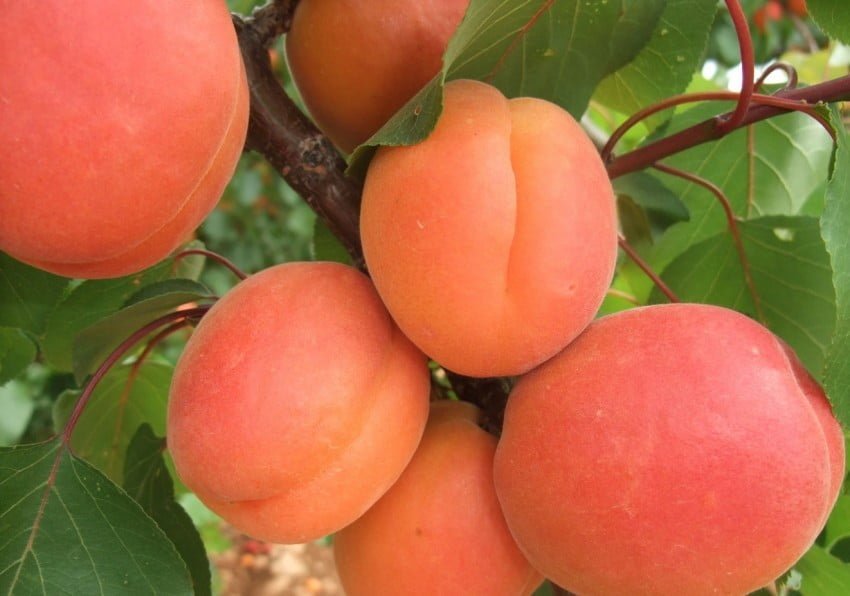The atmospheric temperature in the north of Moldova dropped to – 5-6°C during the day and to – 9-11°C at night this week. It was a few degrees warmer in the south. However, there is a risk of losing 30-40% of flower buds on apricot plantations, EastFruit reports.
In the south, the risk is higher, as the air temperature during the daytime sometimes rose to – 7-8°C last week. As a result, trees in some apricot plantations began to come out of biological dormancy. This is fraught with a loss of winter hardiness in conditions of a sharp cooling, albeit a short one (another thaw is forecasted next week). In addition, some local varieties of apricot, which are not particularly resistant to frosts, are planted in the southern regions.
In the central and northern regions of the country, varietal renewal of stone fruit plantations was more active in the previous few years. In particular, orchards of the “Kyoto” apricot variety were planted, which showed fairly good resistance even to late spring frosts. Also, the February frosts came to the north of Moldova earlier, and the previous warming was less notable. Plantations of stone fruits and, especially, pome fruits remain in a state of deep biological dormancy. February frosts, apparently, will delay the resumption of vegetation, which is even good. In the recent past, there were cases of apricot flowering already in the third week of March and then freezing of 50-70% of flower buds.
Read also: Moldovan fruit and vegetable producers will receive assistance to get ready for certification
However, this does not always cause a significant decrease in yield. According to experts from the Department of Crop Production of the State Agrarian University of Moldova, even in difficult weather conditions, the chances for high yields and, especially, for high-quality products are preserved in stone fruit orchards with a high level of agricultural technologies. Particularly, the treatment that increases resistance to frost must be used.
The use of the site materials is free if there is a direct and open for search engines hyperlink to a specific publication of the East-Fruit.com website.




